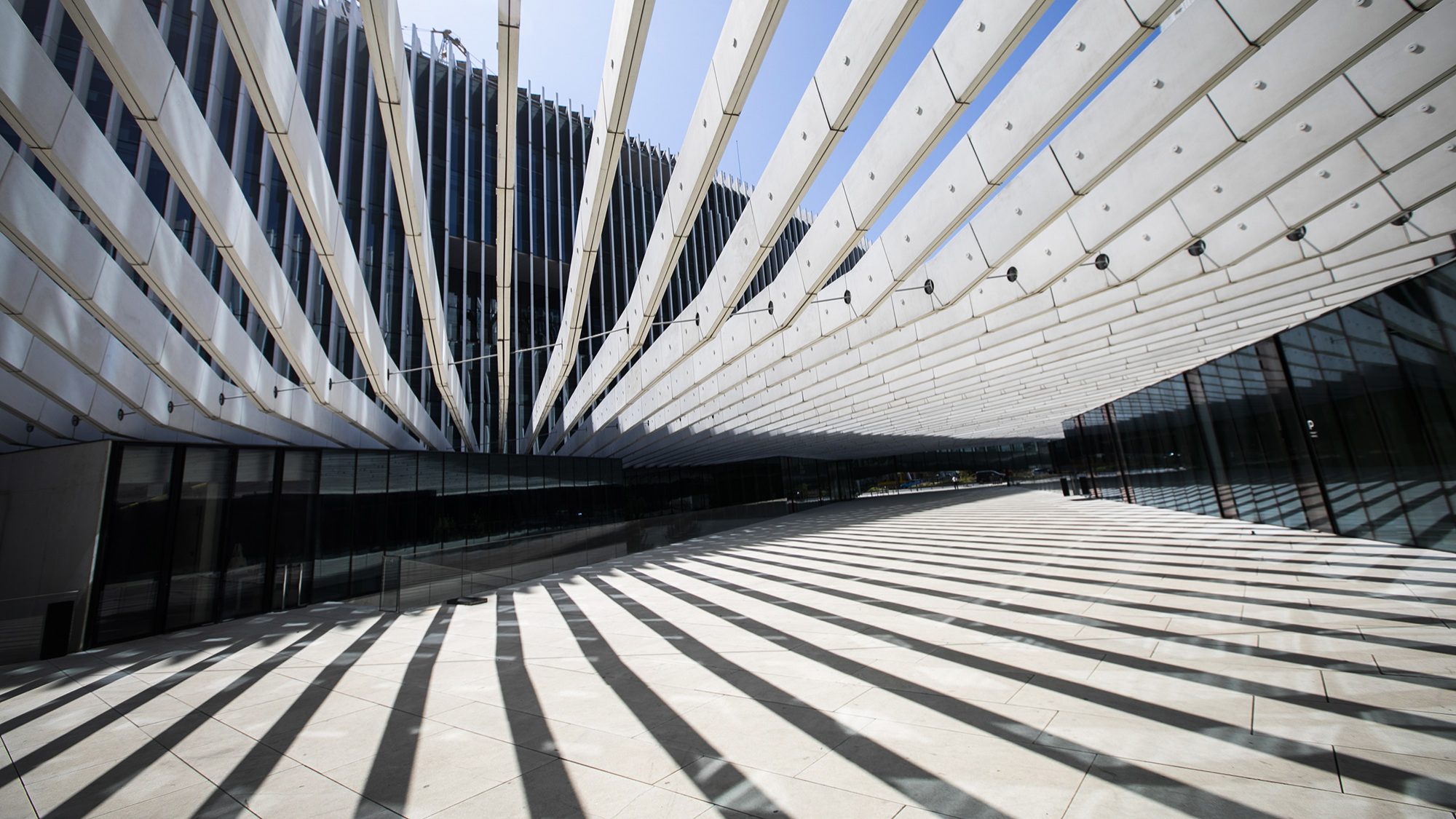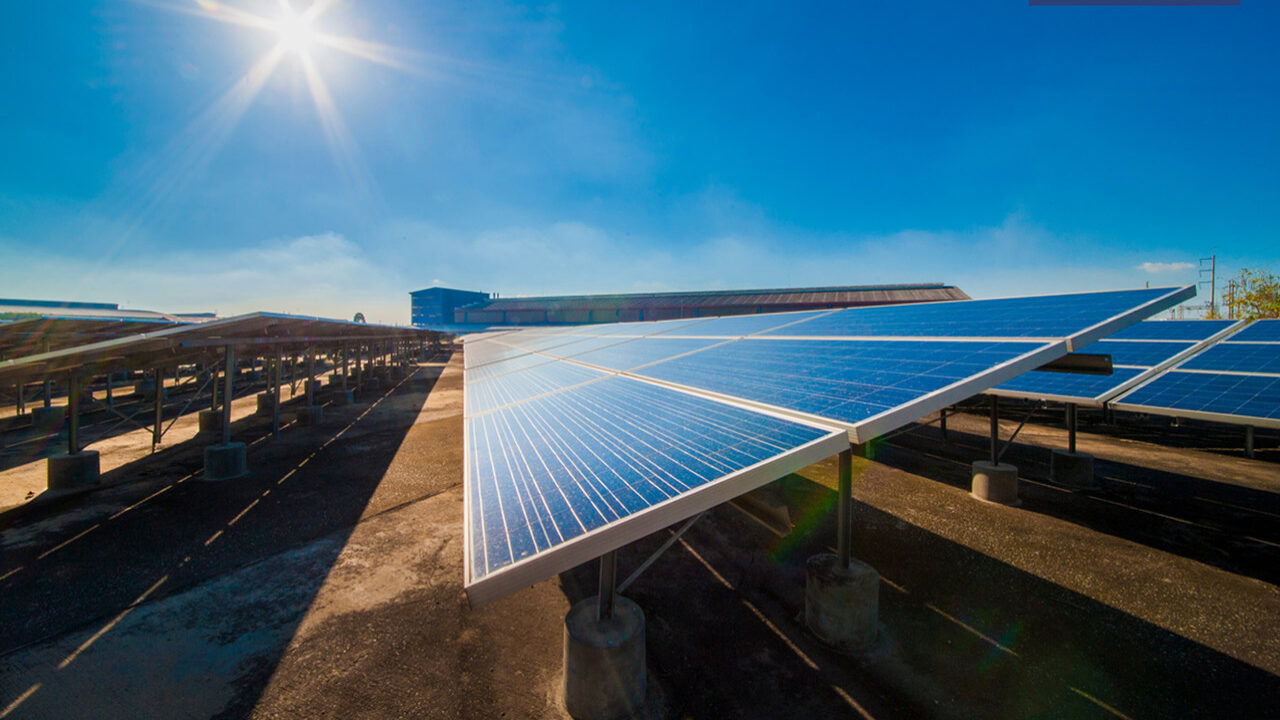Iberian gas price cap does not benefit energy transition
The president of the Portuguese Renewable Energy Association (APREN) believes the Iberian gas price cap mechanism used in electricity production will not "benefit the energy transition".
The Iberian gas price cap mechanism used in electricity production will not “benefit the energy transition”, argued the president of the Portuguese Renewable Energy Association (APREN), Pedro Amaral Jorge, in parliament.
In a hearing in the environment and energy committee, on measures to mitigate the price of electricity in the Iberian market, the association leader stressed on Wednesday that “renewables in Portugal do not benefit from the price increase in the market,” indicating that “a large part of renewables either sell to the supplier of last resort, at a fixed tariff, between 75 and 90 euros per megawatt hour [MWh], or sell through contracts, called PPAs,” which are “long-term contracts for acquisition of energy that suppliers make with producers and the suppliers put that energy on the market.
The APREN president highlighted the positive role of renewables in reducing prices in Portugal. “Renewables in 2021 generated a ‘superavit’ [surplus],” he said, contributing “to reducing the tariff debt by two billion euros compared to what it was previously”.
“Without renewables, Portuguese consumers would be paying much more,” he stressed, explaining that the overcosts became extra gains, especially for the domestic customer.
The APREN president questioned whether putting a cap on gas prices will actually have benefits for consumers. “In the first days the price did not fall to what was expected,” he mentioned, highlighting that he does not know how to answer whether “this mechanism will work”, but stressing that the ‘cap’ “is not a measure that will benefit the energy transition”.
“The increases do not benefit renewables, nor do they cause prices to rise, quite the contrary, they reduce the average price of electricity,” he assured.
In addition, he warned, “the mechanism, from the point of view of attracting investment to Portugal, is not beneficial, because it gives the wrong signals that we can arbitrarily create a regulatory change, increasing the notion of country risk.”
As well as Pedro Amaral Jorge the MPs heard from the president of the Energy Services Regulatory Authority (ERSE), Pedro Verdelho, and Carmen Becerril Martinez, who heads the Iberian OMIP SGMR (forward market) and OMIE (spot market) on the mechanism and prices in the wholesale electricity market.


